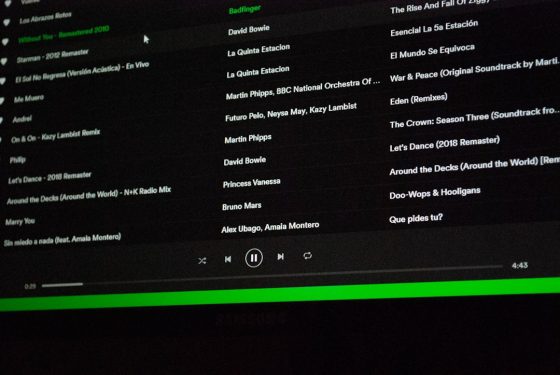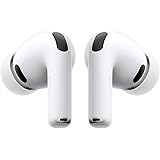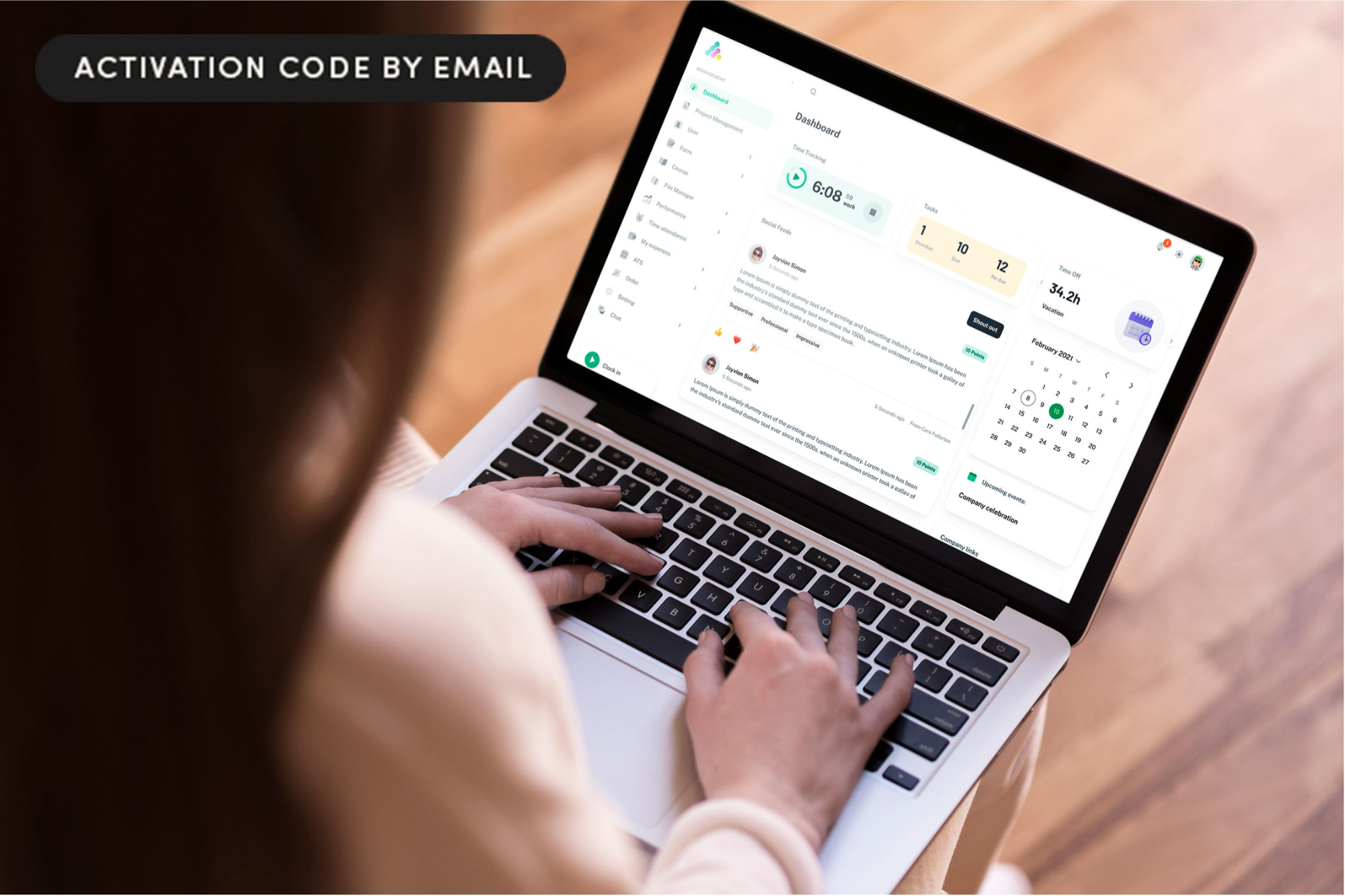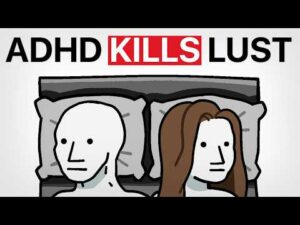Unlock Hidden Gems: How to Download Free Audio Tracks Legally Without Getting Caught in Copyright Traps
Ever wonder why grabbing that hot new track from a sketchy website feels so tempting, yet somehow just doesn’t sit right deep down? It’s like eyeing a flashy gadget in a store window—sure, it’s shiny and easy to pocket, but you know taking it without paying is crossing a line. When it comes to building your personal music stash, the digital world throws a curveball: tons of tunes at your fingertips, but wrapped in complex laws and ethics that most don’t fully grasp. Here’s the kicker—music isn’t just files on your hard drive; it’s the sweat, time, and soul of creators who deserve respect and reward. To truly own your music library, you’ve got to navigate the minefield of copyrights, licensing, and risky downloads smartly. Stick with me, and I’ll show you how to keep your collection legit, safe, and ethical—without sacrificing the thrill of discovery or your wallet. Ready to drop the beat the right way? LEARN MORE
The Legal Landscape: Downloading Music Safely and Ethically
The allure of building a personal music collection is strong, but navigating audio downloads requires a clear understanding of legal and ethical considerations. Just as we wouldn’t take a physical item from a store without paying, digital content, including music, is protected by laws designed to compensate creators. Understanding these principles is crucial for building a legitimate and sustainable music library.

Understanding Copyright and Licensing
At the heart of legal music downloading is copyright law. This legal provision grants creators exclusive control over their original works, including songs. This means that, generally, you cannot legally download, distribute, or reproduce copyrighted music without permission from the copyright holder. The “fair use” doctrine allows limited use of copyrighted material without permission. However, this typically applies to commentary, criticism, news reporting, teaching, scholarship, or research, not downloading full songs for personal enjoyment.
However, not all music is under strict copyright. Some music falls into the public domain, meaning its copyright has expired or was never established. This music is free for anyone to use. Artists commonly release their work under Creative Commons (CC) licenses. These licenses offer a flexible way for artists to share their music while retaining some rights. For instance, a CC BY license allows others to distribute, remix, adapt, and build upon the material, even commercially, as long as credit is given to the creator. A CC BY-NC license permits non-commercial use only. Platforms like the Free Music Archive are excellent resources for finding music under various Creative Commons licenses, providing a legal pathway for creators and listeners. Understanding these licensing nuances protects the consumer and the artist, ensuring creativity is valued and rewarded.
The Hidden Risks of Unofficial Music Sources
While the internet offers a seemingly endless supply of music, the temptation to download from unofficial or illicit sources carries significant risks. Beyond copyright infringement’s legal and ethical implications, these sources can pose serious threats to your digital security.
Downloading from untrusted websites or peer-to-peer networks exposes your device to malware, viruses, adware, and phishing scams. These malicious programs can steal personal data, corrupt your files, slow down your computer, or bombard you with unwanted advertisements. Furthermore, the audio quality from such sources is often compromised, leading to poor listening experiences, or files may be incomplete or mislabeled.
Perhaps most importantly, using unofficial sources deprives artists and the music industry of their rightful compensation. Every time a song is illegally downloaded, it undermines the revenue streams supporting musicians, songwriters, producers, and everyone involved in bringing music to our ears. While we might encounter platforms like Rutracker.org (a well-known torrent tracker) in our research, it’s crucial to understand that such sites operate outside legal frameworks for most copyrighted content and should be approached with extreme caution due to the associated risks. Our commitment to music should extend to supporting its creators through legitimate channels.
Where to Find Free Audio Song Downloads Legally
Building a diverse and engaging music library doesn’t have to break the bank, nor does it require resorting to illicit means. There are numerous legitimate avenues for acquiring free audio song downloads, many directly supporting artists or offering high-quality, royalty-free content for various uses. The key is knowing where to look and understanding the terms of use.

Many artists and platforms offer free music as a promotional tool, a community contribution, or under specific licenses. This allows us to expand our collections while respecting intellectual property. For those looking to explore a wide array of options for legal music acquisition, including finding new artists and genres, platforms that focus on legitimate Free music downloads can be incredibly valuable.
Royalty-Free Music Archives
Royalty-free music archives are invaluable for content creators, educators, or anyone needing background music for projects. These platforms host vast collections of tracks that can be used without paying ongoing royalties, often requiring only attribution to the artist.
One of the most prominent examples is the Free Music Archive, which boasts an impressive collection of over 170,000+ free music tracks shared by a talented community. This platform is a treasure trove for finding music suitable for vlogs, podcasts, presentations, student films, and more. Similarly, services like Jamendo (often cited as a source for music in various free download apps) provide a legal framework for artists to share their work and for users to access it under Creative Commons licenses. These archives are categorized by genre, mood, and instrumentation, making findy easy. They empower creators to improve their projects with professional-sounding audio while ensuring artists receive proper credit and exposure.
How to Get Free Audio Song Downloads from Artists
Beyond dedicated archives, many artists actively offer free downloads to connect with fans, promote new releases, or build their audience. This direct-to-fan approach is a fantastic way to support musicians while expanding your library.
Artist websites and platforms like SoundCloud and Bandcamp are prime locations for these offerings. On SoundCloud, artists often make tracks available for free download, sometimes in exchange for an email address or a follow. Bandcamp is particularly artist-friendly, allowing musicians to set their own prices, including “pay-what-you-want” options that often include a free download tier. This model directly supports artists, who receive a larger revenue share (or gain valuable exposure from free downloads). Following new and emerging artists on these platforms can lead to finding hidden gems and being among the first to access their free promotional tracks. Many artists, like Steve Carter, offer direct downloads of their albums, often as high-quality MP3s, allowing fans to enjoy their music offline and support their work. This direct engagement fosters a stronger connection between artists and their listeners, contributing to a vibrant and sustainable music ecosystem.
Key Considerations for Your Digital Music Library
Several factors come into play when building your digital music library, whether through downloads or a combination of methods. Understanding the technical aspects and practical considerations will help you curate a collection that meets your listening preferences and lifestyle.
Essential Features in a Music Downloader App
Choosing the right music downloader app can significantly improve your experience. While many apps offer basic download functionality, the best ones provide features that cater to serious music lovers.
Foremost among these is robust offline listening mode. The primary advantage of downloading music is the ability to enjoy it without an internet connection, making it perfect for commutes, travel, or areas with poor reception. Apps like Audiomack: Music Downloader, with over 100 million downloads, emphasize this feature, allowing users to stream and download full tracks for offline, data-free listening. Similarly, “Music Downloader – Mp3 music,” with over 5 million downloads, highlights its offline playback capabilities.
High-resolution audio support is another crucial feature for audiophiles. While MP3 is standard, supporting formats like WAV or FLAC ensures you get the best sound quality. Library management tools are essential for organizing your growing collection, allowing you to sort by artist, album, genre, or create custom playlists. An intuitive interface for playlist creation is also key for curating your listening experience. Finally, while many free apps rely on ads, an ad-free experience (often through a premium subscription) is highly valued for uninterrupted listening. Cross-device syncing ensures your downloaded music and playlists are accessible across all your devices, from your smartphone to your tablet or even a Wear OS watch.
Tips for Managing Your Free Audio Song Downloads
A disorganized music library can quickly become overwhelming. Effective management ensures your downloaded tracks are easy to find, enjoy, and preserve.
Start with a consistent file organization system. Create clear folders for artists, then subfolders for albums. For example, Music/Artist Name/Album Name/Track Number - Song Title.mp3. This structure makes navigation intuitive.
Tagging metadata is vital. Metadata includes information like artist, album, genre, year, and track number. Many music players and organization tools can automatically fetch this information, but you may need to manually edit it for some downloaded tracks. Accurate tags ensure your music appears correctly in your player and make searching much easier.
Backing up your library is non-negotiable. Hard drives can fail, and phones can be lost. Regularly backing up your entire music collection to an external drive or cloud storage service protects your investment of time and effort.
Finally, consider using a dedicated music player app or software for your downloaded files. These often offer advanced features for playback, library management, and sound customization that generic file explorers lack. Following these tips, you can transform a scattered collection of downloads into a well-curated, accessible, and enjoyable digital music library.

Frequently Asked Questions about Audio Downloads
Understanding the nuances of audio downloads can sometimes lead to questions, especially concerning legality, types of music, and how artists are supported. Here, we address some of the most common inquiries.
Is it legal to download any song for free from the internet?
No, it is generally not legal to download any song for free from the internet. The legality of downloading music depends entirely on its copyright status and the copyright holder’s permission. Most commercially released music is protected by copyright, meaning downloading it without proper authorization (e.g., through a paid service or a legitimate free offer from the artist) constitutes copyright infringement.
However, there are legal ways to acquire free music. This includes songs in the public domain, music released under Creative Commons licenses that permit free download and use, or tracks that artists explicitly offer for free download (often for promotional purposes) on their official websites or platforms like SoundCloud and Bandcamp. Always ensure you download from legitimate sources with the right to distribute the music.
What is the difference between royalty-free and copyrighted music?
The primary difference lies in the licensing and payment structure.
Copyrighted music is protected by law, granting the creator exclusive rights to reproduce, distribute, perform, and display their work. To use copyrighted music, you typically need to obtain a license and often pay royalties (fees) for each use or a specific period. This ensures artists are compensated for their work.
On the other hand, royalty-free music refers to music that, once licensed (sometimes for a one-time fee, or sometimes completely free under specific Creative Commons licenses), can be used without paying ongoing royalty fees for each subsequent use. It doesn’t mean the music is copyright-free; the licensing model is different. For example, you might pay a single fee to use a royalty-free track in a YouTube video indefinitely, rather than paying every time the video is played. Many platforms offer completely free royalty-free music, often requiring only attribution, as seen with the vast collection on the Free Music Archive.
How do free download services support artists?
While the term “free download” might suggest no compensation for artists, many legitimate free download services have models in place to support creators:
- Ad Revenue Sharing: Many free platforms are ad-supported. A portion of the revenue generated from advertisements displayed to users is shared with the artists whose music is streamed or downloaded.
- Premium Subscription Models: Services often offer a free tier with ads and limited features alongside a paid premium subscription that provides an ad-free experience, higher-quality audio, and unlimited downloads. A percentage of these subscription fees goes directly to artists.
- Exposure and Findy: Free downloads can be a powerful promotional tool, especially for emerging artists. They help artists reach new audiences, gain traction, and build a fanbase. This increased exposure can lead to revenue from other sources, such as live performances, merchandise sales, and licensing deals for commercial projects.
- Direct Support: Platforms like Bandcamp allow artists to offer “pay-what-you-want” options, where listeners can download for free or pay an amount they deem fair, directly supporting the artist.
Legitimate free download services aim to strike a balance between offering accessible music to listeners and providing sustainable income and opportunities for artists.
Conclusion: Build Your Perfect Music Library, the Right Way
The journey through audio downloads reveals a rich landscape where the desire for personal music ownership meets the evolving digital age. We’ve explored the enduring appeal of having our favorite tunes available offline, free from data constraints, and curated exactly to our tastes.
However, building a personal music library is more than just collecting files; it’s about doing so responsibly and ethically. We’ve emphasized the critical importance of understanding copyright and licensing, distinguishing between legitimate sources and the hidden risks of unofficial downloads. Our guide has shown ample legal avenues to acquire free audio songs, whether through royalty-free archives for creative projects or direct offerings from artists eager to connect with their fans.
The value of actual music ownership lies in the convenience of offline access and the tangible connection it fosters with the art and the artists. We contribute to a vibrant and sustainable music industry by choosing legitimate platforms and supporting creators. As the digital music landscape continues to evolve, with streaming and downloading coexisting, the ability to curate a high-quality, personal collection remains a powerful and rewarding pursuit. So, go forth and build your perfect music library, the right way, ensuring every note you own enriches your life and supports the artists who create it.





















Post Comment